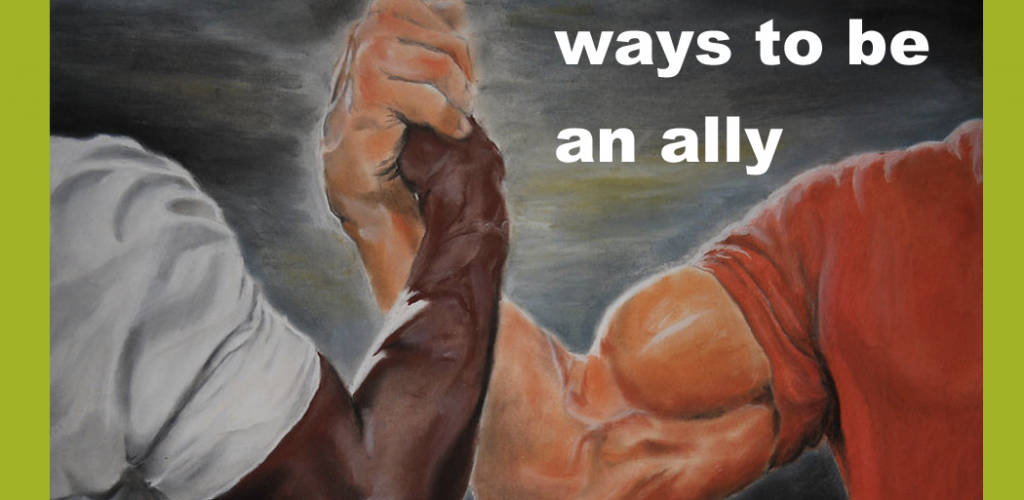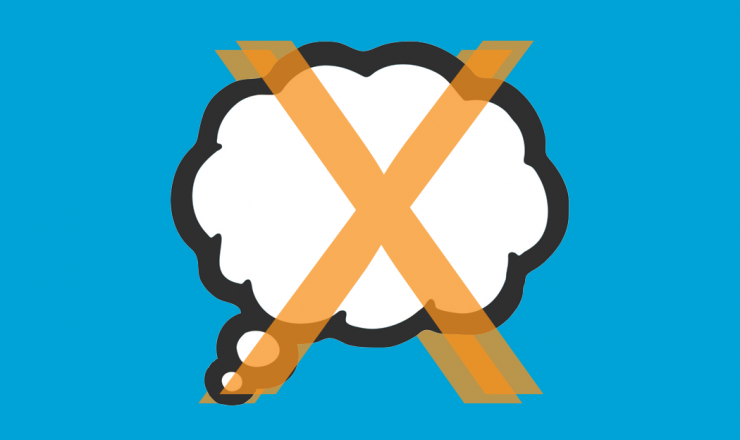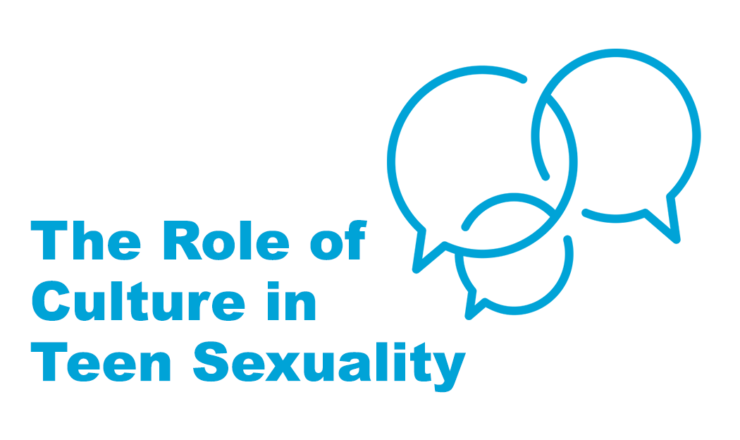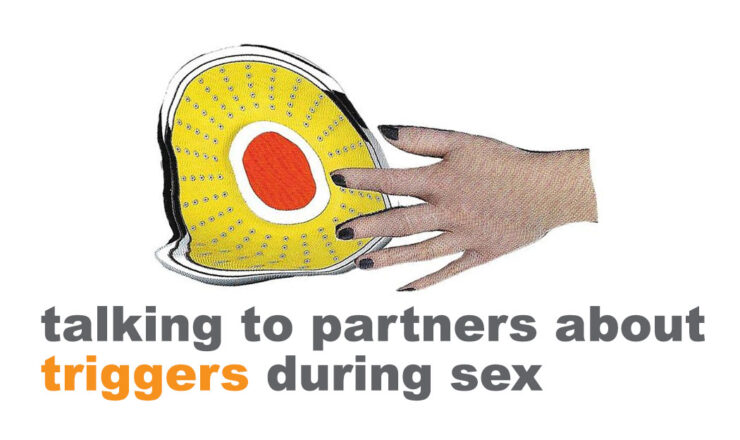

How can you help resist oppression when it doesn’t affect you personally? Even around little things that happen in your everyday life? The answer is allyship. Being an ally means using your privilege to help support people who are facing oppressions that you may not experience yourself (things like ableism, racism, sexism, homophobia, etc.). It’s no small commitment. Being an ally can sometimes mean that you have to confront people that are contributing to a culture of oppression or causing harm to others. But as they say, no one is free when others are oppressed — your efforts to be an ally definitely matter!
There are different ways to be an ally and different things to consider if you want to contribute to a cause as an ally. Here are a some ideas.
Listening in an honest way is an important (if not the most important) part of being an ally. You can’t understand what you’re struggling for or against if you’re not listening to people who are experiencing oppression.
Sometimes listening to other people talk about their experiences can be difficult. It can be emotionally intense to hear people talk about the hurt and suffering they experience, and sometimes listeners feel guilt when they see how they maybe contribute to (or benefit from) that hurt and suffering. It’s important to remember that even if you have have been oppressive in the past, you still have the ability to be kind and loving to others moving forward. Feelings of guilt are valid, but it is not a valid choice to hold onto feelings of guilt as if just feeling guilty is enough. Actions are what matter.
Listening as a committed ally often requires you to question and change your mind about things that you may have believed strongly before. This can be really uncomfortable and awkward. But the fact that you are uncomfortable can be a good thing. That discomfort can be a sign that you are growing and changing as you learn. Trust it.
Listening as an ally requires that you make space for others to talk (e.g, letting them speak more, asking them respectful questions), and that you trust and believe what they tell you. Remember: just because you can’t see the evidence for something right away it doesn’t mean it’s not happening.
Learning from people who experience oppressions is important, but it’s not fair to expect them to teach you everything you need to know about it. As an ally, it’s your responsibility to spend your own time and energy learning more. Reliable resources tend to be ones created by people who are knowledgeable on the issues, either through research or lived experience. Pay attention to who the authors are and what connections they have to the material: Why are they speaking on these issues? Are they committed to social justice?
Learning about social injustice can be complicated and difficult. Most of the learning that you do as an ally is about letting go of what you thought was true. Often times this is called “unlearning” because it involves questioning and rejecting oppressive beliefs that you may have held for a long time. Family, friends, media, and community beliefs are the sources of some of your most deeply held knowledge about the world, but they can also be the places where you learn prejudiced and oppressive things too. When unlearning, dig deep and be honest with yourself about what you believe and how it informs your actions. As you learn about your privilege as a non-oppressed person, try to be honest with yourself about how that privilege has affected your life and who you are. It can be really uncomfortable to realize that stuff and that’s ok. Again, trust your struggle.
Speaking up when you hear people say things that are wrong or prejudiced is another way to act as an ally. Having social power (a.k.a privilege) means that you have social responsibility to use and acknowledge that power in ways that are for the good of others. The ability to stay silent and not acknowledge oppression or speak out about it is one of the stolen advantages that you inherit as privileged people.
Sometimes it can help by starting to say even just a few words in response to an oppressive or disrespectful comment. You can try saying things like, “That’s not cool,” “That’s disrespectful,” or “Why’d you say that?” to try and let people know that their actions are oppressive/prejudiced/disrespectful/wrong, and that you noticed. Applying your knowledge in real life situations is going to take practice. Not everyone is comfortable speaking up in all situations with everyone. It can take time to learn how to say things in the way that you want them to be heard. The more comfortable you get at speaking out, the closer you might get to teaching others about oppression and social justice which is an important part of being an ally.
As an ally, it’s your responsibility to use what you’ve learned to educate others in your own privileged communities (e.g., think straight people educating straight people, men educating other men, etc.). You have the power to stop resist prejudiced and oppressive beliefs in your family, friends, communities, and the media. Information is often better received when it’s peer to peer, and being a member of a privileged group means that your voice and opinion is more often heard when you speak on an issue. Basically, when people see you as part of their community they’re more likely to listen to you! You can use that advantage to speak about what you believe is right; challenge others when they say something oppressive or take the time to teach others what they may not know about oppression.
One way to put allyship into action is by creating and maintaining spaces that are safe for people of all different backgrounds and experiences. People from oppressed groups can’t always participate in mainstream activities or cultures because it’s not safe for them. Being around people who are oppressive (in big or small ways) is exhausting, spirit breaking, and often straight up dangerous. It’s your responsibility as people who are safe to change the vibe of unequal or unaccepting places and make them more inclusive for all people.
Sometimes it makes sense to build a more inclusive space from the ground up, and sometimes you’re adapting a space that already exists. If you’re bringing someone into a space that you know may not be inclusive to them, your allyship means that you take responsibility for their inclusion. Speak to others in the space about the person you’re bringing in. Make sure they know about what is needed to help everyone feel safe (navigating things like language barriers, gender pronouns, or physical accessibility accommodations on behalf of your guest). The goal is for others around you to follow your lead, or at least for your guest to see that they have a strong ally.
Social privilege comes with access to power. Oppression is when people with that social power use it to limit other people’s access to the benefits of that power (money, housing, health care, etc). In a lot of cases, allies have the opportunity to use that privilege to help others who are unfairly treated by transferring the benefits of privilege to someone else. For example, people who are privileged in the workspace because of their gender, ability, or race are often paid more, have more job security, and rise up in the workplace faster. But allies can also use that power to help socially oppressed people gain money, influence, and status in that same space. Intervene on behalf of a worker unfairly facing conflict, speak up about who is hired and who is fired, push for raises for co-workers that are being underpaid in any way you can. All of that can be part of your duty as an ally.
Being an ally is not always easy, but it’s always worth it. Using social privilege to oppress others is one of many terrible injustices of our world, but just having privilege doesn’t make you a terrible person; it’s all about how you use it. Allyship is a journey. It never really stops or ends, but continue as a constant opportunity for growth and learning in your life. Being an ally is really about nurturing a sense of humility within yourself. Allowing yourself to be a learner can be a fulfilling role. Being an ally is about showing love and recognizing a sense of community. Knowing you made the world a more loving or accepting place is worth it in the end.
If you have questions about this topic, feel free to contact one of our peer educators. [Link]
Last Updated: July 2019

Breaking up is hard! And the tough part doesn’t end with the actual break up conversation. This post covers some ways you can try to take your mind off of your ex or past relationships.

For this article, one of our volunteers did anonymous interviews with 3 teenagers all about the question: To what extent does culture and society play a role in youth sexuality?

Communicating triggers can be a great way of letting your partners know what your boundaries are, in order to help make sex a more pleasurable experience for everyone. But how do you do that?